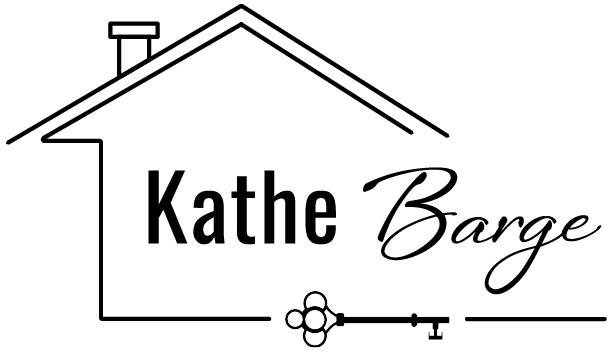We live in an old town, with homes dating back to the early 1800s. With old homes comes a lot of history, and sometimes a ghost story or two. If your home has a history of paranormal activity (real or imagined), or someone has died in the home, do you have a duty to disclose that to potential buyers? While approximately half of our states do require disclosure of paranormal activity, as of yet, Pennsylvania is not one of those states. However, a case in Delaware County where the seller failed to disclose a murder/suicide that happened in the home may change that in PA.
Many other states have adopted far more comprehensive disclosure laws. In our neighboring New York, paranormal activity must be disclosed. In California, any death in a home in the preceding three years must be disclosed. And in Massachusetts, the law is even more comprehensive, requiring disclosure of paranormal activity, as well as whether the home was ever the site of a felony, suicide or homicide or whether someone with HIV ever lived in the home.
Our disclosure simply asks whether there are any material defects, which is defined as anything that could significantly impact value. Material defects would clearly include any major problems with the physical structure, as well as pending tax assessments and disputes over property boundaries with adjoining landowners. But what about those ghostly apparitions or eerie cries in the night? According to a well-known California appraiser who specializes in diminution of value, a well-publicized murder can reduce value by 15% – 35%. Does a ghost reduce a home’s value and need to be disclosed? Right now, the answer in no in Pennsylvania, although sellers wishing to avoid lawsuits would be well advised to disclose anything that could be seen as stigmatizing a property, including paranormal activity and deaths in the home. For some buyers, value actually increases with the prospect of living among ghosts. But before disclosing the ghost in your attic, be sure there isn’t a rational explanation for what you are experiencing.
Buyers, if you don’t want to move into a haunted home, what can you do to protect yourself in the absence of required disclosure? You can start with the internet – do a thorough search of the property address and sellers’ names. That will likely turn up information on any more recent concerns with the property. Some recommend burning sage to rid the home of spirits, and if all else fails, you can always call Ghostbusters!
